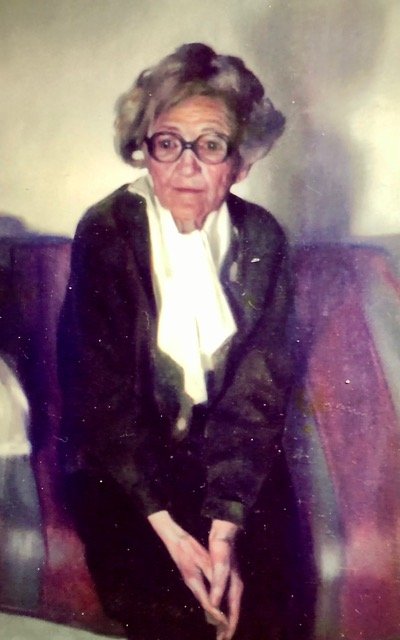The Exultant Song of the Thrush
On the final morning of a rainy May, a solitary cinnamon-brown bird emerges from the leafy shadows at the edge of our Missouri woods. Its breast is boldly speckled, and its rusty tail long. Hopping about like a robin, it scrabbles for leaf-liter insects, never venturing far from the woods from whence it came. It is a wood thrush, cousin of the hermit thrush.
Some years ago, I rescued a tiny bird that had flown into a window. The crash of bird and glass must surely have ended badly for the poor winged creature, I thought at the time. Imagining the worst, I stepped outside and into the drama unfolding in the leaves beneath my window.
There in the mix of fallen brown leaves was the small bird, still as a stone but not dead. The beak parted in quick panting breaths. Eyes open, the lids slowly drooped toward unconsciousness. Left on the still cold ground, it would have quickly slipped from shock into death. Without wasting a precious second, I lifted the stunned bird without resistance, wrapping its feathery lightness in the palms of my hands.
For the next twenty minutes, I gently rubbed its round head, visible between my thumbs. In that window of suspended time, I was witness to its incredible beauty, impossible to detail in rapid flight. An eye-ring circled the bird’s large eyes. The color was a warm gray-brown with buff throat and spotted breast. The tail was a rusty red. Its rounded head and strong legs suggest it is part of the thrush family that includes robins and bluebirds. Later, my Peterson’s Field Guide to Eastern Birds confirmed my speculation.
While in shock, the bird’s melancholy song could be heard without singing. Give me warmth. I will not fly away. Finally, as if awakened from a deep sleep, the elusive thrush was once again alert. For a few seconds, it stood perched in my open hand out in the warm air. Then its wings slowly unfurled, signaling its slow, swooping flight from my hand to a nearby bush.
Remembering that moment, I called my sister-in-law Jean, and told her I was now being visited by a wood thrush. “Oh, my dear,” she replied. “The thrush is one of the rarest and most melodious of birds. Mother once wrote a poem entitled ‘Ode To A Hermit Thrush’ in praise of their ethereal, flutelike song. I do hope your wood thrush will share its song with you.”
When the wary thrush retreated to the solitude of the woods, I opened a red, leather-bound volume, The Collected Poems of Katharine Hayden Salter. There I found my mother-in-law’s ode to this rare bird and heard its flute-like song through her words, written in a New Hampshire woods in the summer of 1934. I imagined her sitting alone in her studio at the MacDowell Colony, writing of the thrush’s heavenly song--
...For never will he leave his solitudes,
Nor bring his gift to any mortal throng.
No one shall hear him save in deepest woods,
And one must come along, to hear his song....
...Blessed our hearts, if they have ever heard
The sudden singing of the hidden thrush!
Deep in among the trees the airy bird
Strikes that long note, that melts into a rush
Of falling trills--cluster of berries clinging,
Amber and crimson, on some fairy bough!
So clarion rich and pure those single notes,
Held like enchantment on the world--and how,
Breaking like silvery carillons set swinging,
They end with that exultant, sudden singing
That over all the listening forests floats....
Visited that day by a wood thrush that momentarily left its solitudes, I was left with these gifts—a measure of its pure and perfect song, and a timeless poem written by Kit’s mother. That memory now leads me to the edge the coniferous woods in the Sierra Foothills where Kit and I live. While forest bathing there I hope to hear the song of a varied thrush, native to the Pacific Northwest, float across the forest floor.




